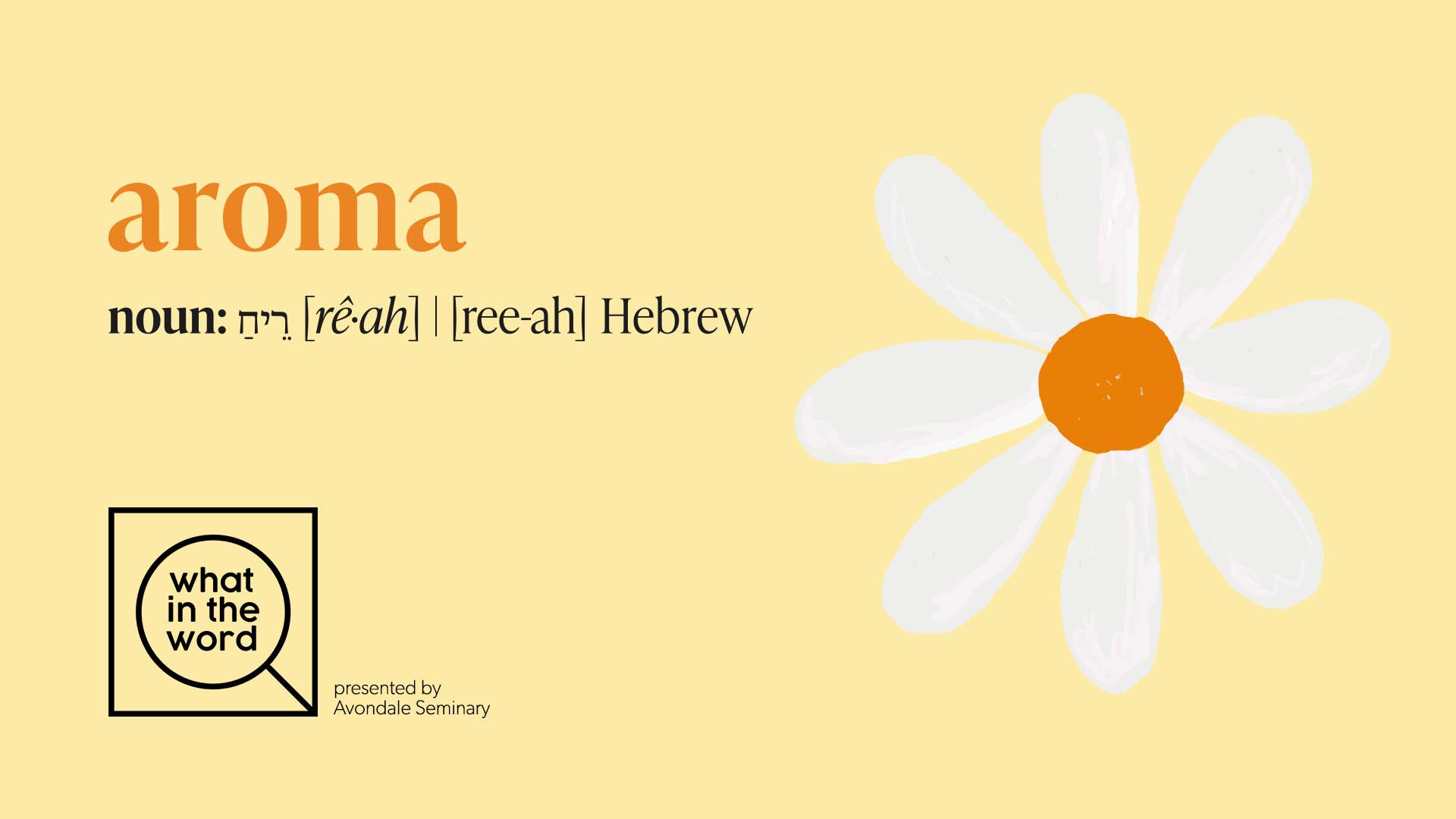As I have been reading through the Old Testament this year, I have been struck by the prominent mention of words relating to the sense of smell. Such words include Hebrew equivalents of nose, nostrils, perfume, smell and aroma. Sometimes the words are camouflaged by the English translation (eg Isaiah 11:3), at other times they seem to jump off the page. Where they are particularly noticeable is in relation to the sanctuary and its rituals. In Exodus for instance, we see formulas for both incense (Exodus 30:34-38) and a perfume to be used to anoint priests and the sacred vessels of the sanctuary (Exodus 30:22-32). However, it was the use of the word aroma in Leviticus and Deuteronomy that really caught my attention. As I read through the descriptions of the various types of sacrifices, I was jarred by the repeated assertion that they were “a pleasing aroma to God” (ESV), which occurs a whopping 34 times in these books. How could all this death be pleasing in any way?
Leviticus is a type of handbook which provides us with insights into the rituals of the sanctuary such as those prescribed for each kind of sacrifice. We are told that the sacrifices needed to be performed in precise ways and at specified places. Yet in spite of these detailed instructions, the only thing we are told that pleased God was the aroma of the burnt sacrifice. This was the case regardless of whether it was a burnt offering (Leviticus 1:9), food offering (2:2,12), sin offering (4:31) or fellowship offering (3:5). Is God really that fond of the smell of burning flesh and grain?
Perhaps an understanding of the nature of olfaction can help us answer the question. As I entered a building recently, I encountered a smell which immediately triggered a cascade of memories of my grandpa and his garage. Aromas whether pleasant or unpleasant have the power to evoke almost instantaneous memories and emotions as our brain utilises our personal experiences and other factors to interpret what we smell.1 It is not just the smell that we either love or hate, it is what we associate with the smell. Thus, when something is described as a pleasing aroma to God, it is likely less about the actual aroma, than about what He associated with the aroma. The fragrance arising from the sacrifices recalled not just the sacrifice being made but also the obedient heart and repentance of the Israelite in presenting the offering in the prescribed manner. It also aroused memories of the covenant that joined God with His people. It was these things that He delighted in rather than the blood and gore of the sacrifices.
In Ezekiel we find a new twist. The remnant of faithful Israel who returned from captivity would be accepted as a pleasing aroma to God (Ezekiel 20:41). God’s holiness and faithfulness would be manifested through them to the nations around them.
In the New Testament, Paul takes up the connection between aroma, sacrifice and people. He calls on Christians everywhere to imitate Christ who “gave himself up for us, a fragrant offering and sacrifice to God” (Ephesians 5:2, ESV). God the Father does not delight in the death of the Son any more than He revelled in the multitude of sacrificed animals. Yet the aroma associated with His death is described as fragrant. This is because of its associations with sacrificial love, forgiveness and new life. As Christians we are called to imitate this self-sacrificing love and forgiveness, and in so doing to spread the knowledge of Christ and His aroma to those around us (Ephesians 5:2, 2 Corinthians 2:14,15).
1. Deborah Green, The Aroma of Righteousness (Pennsylvania: Penn State University Press, 2011). https://www.psupress.org/books/titles/978-0-271-03767-7.html
Wendy Jackson is head of seminary at Avondale University.






